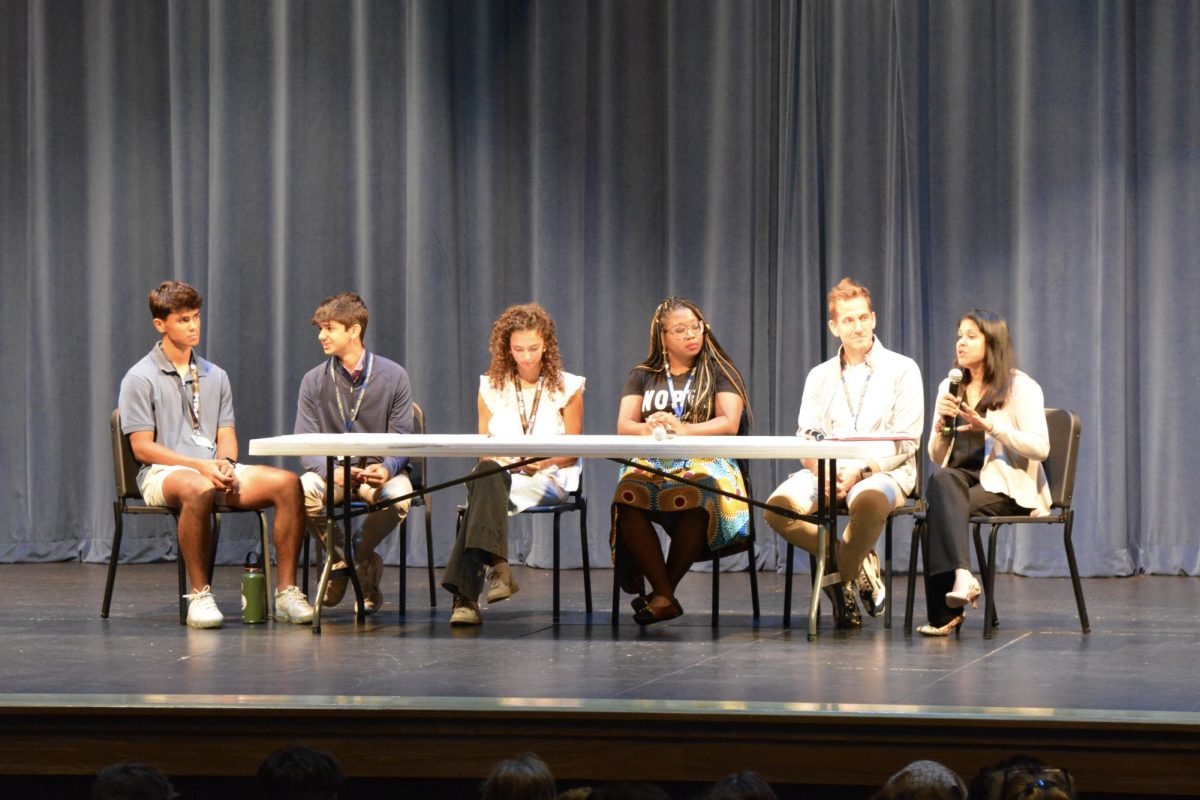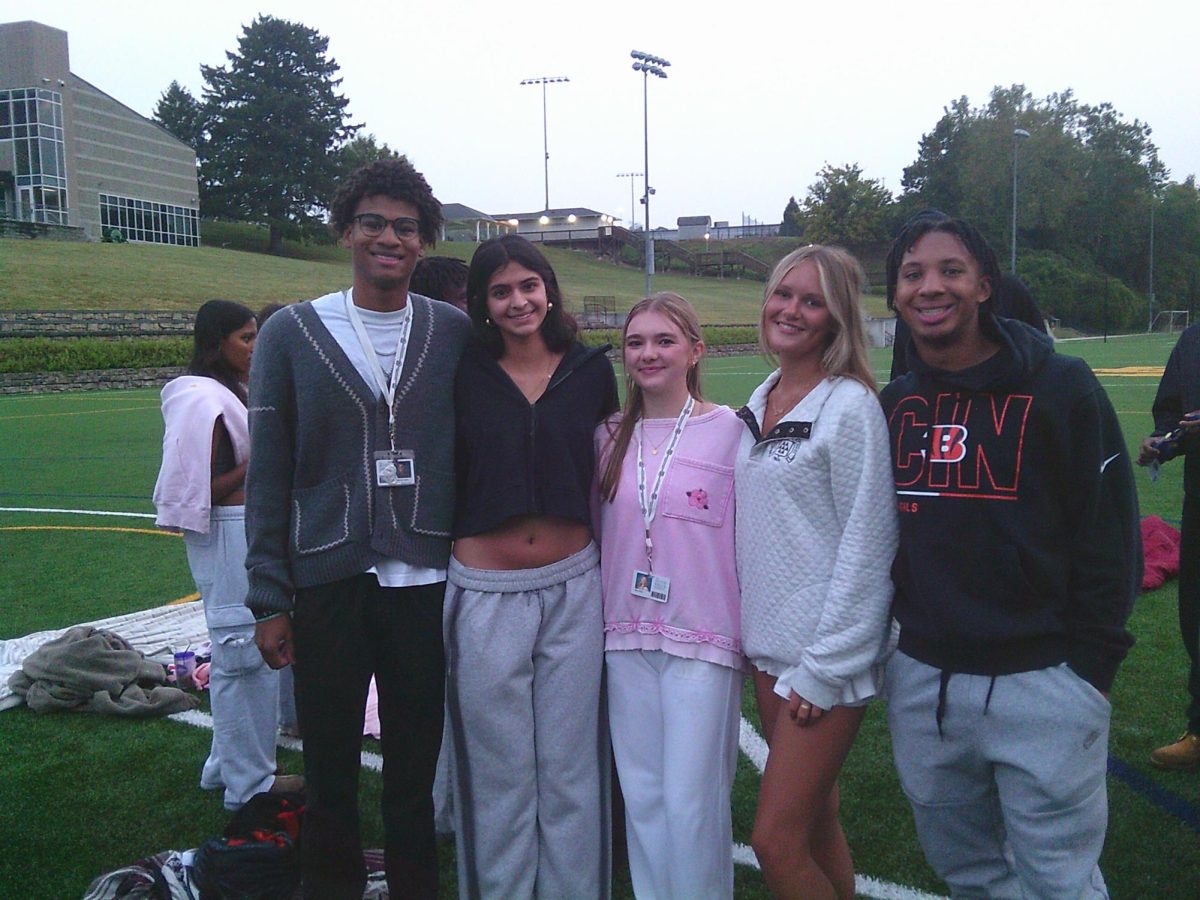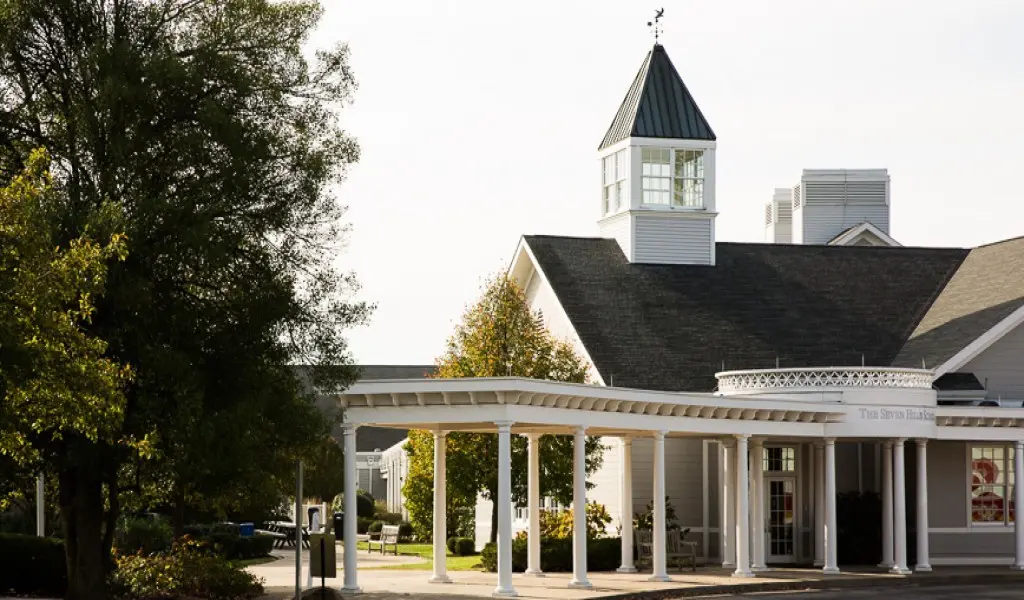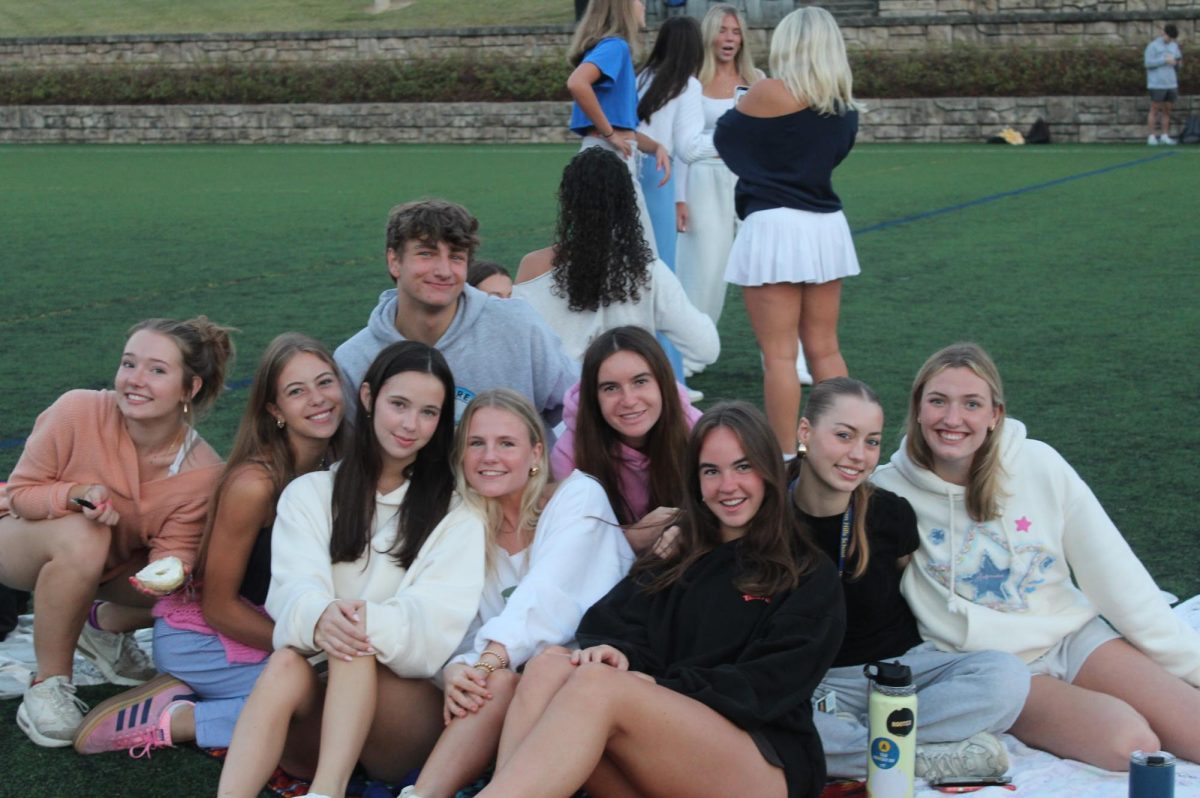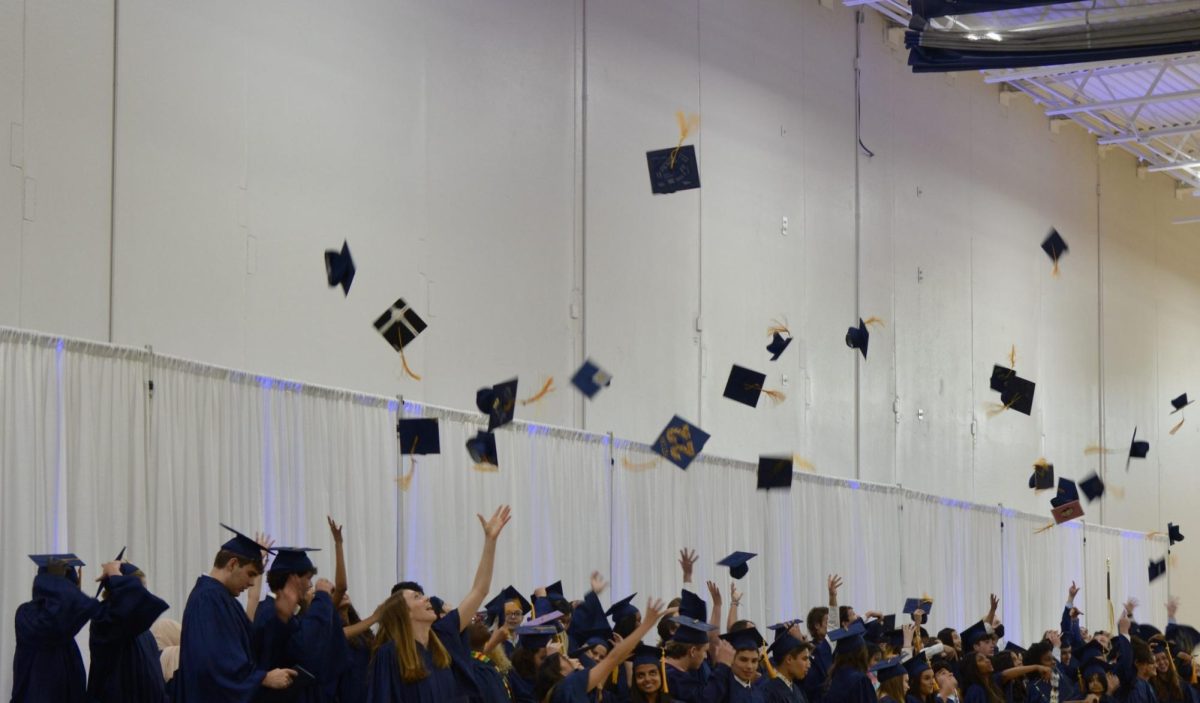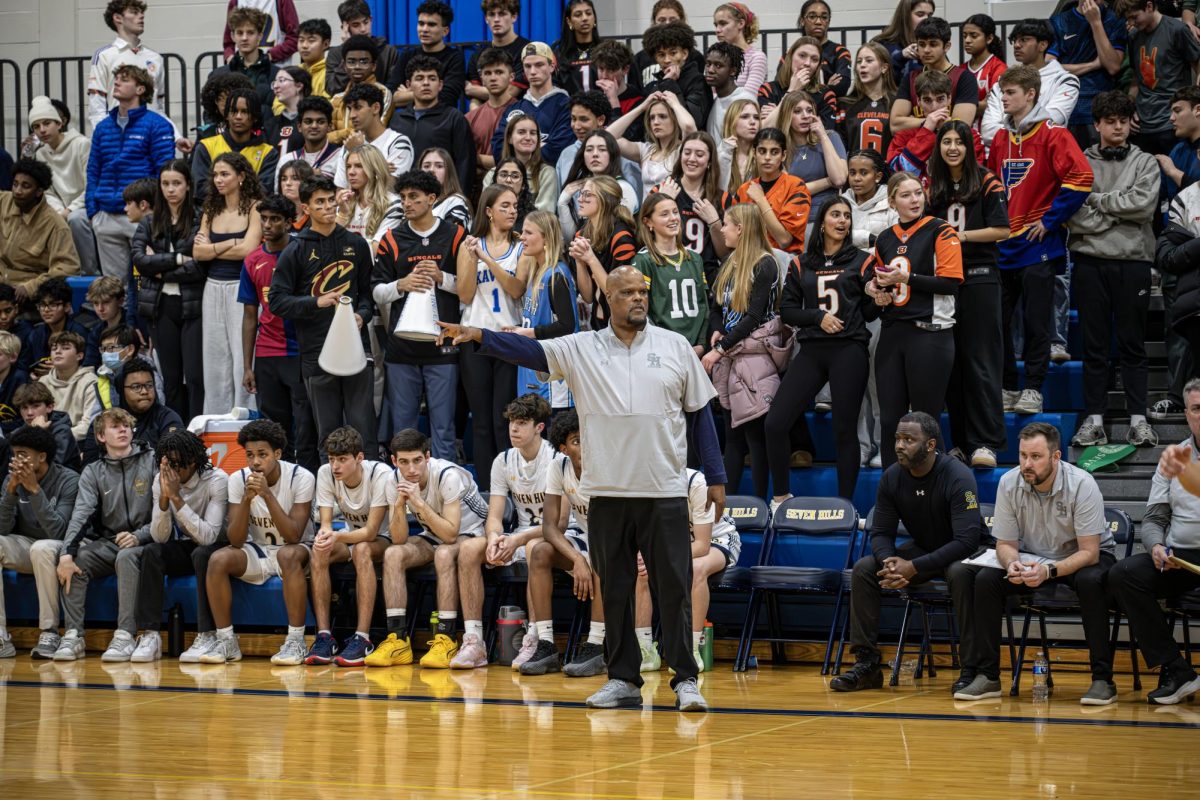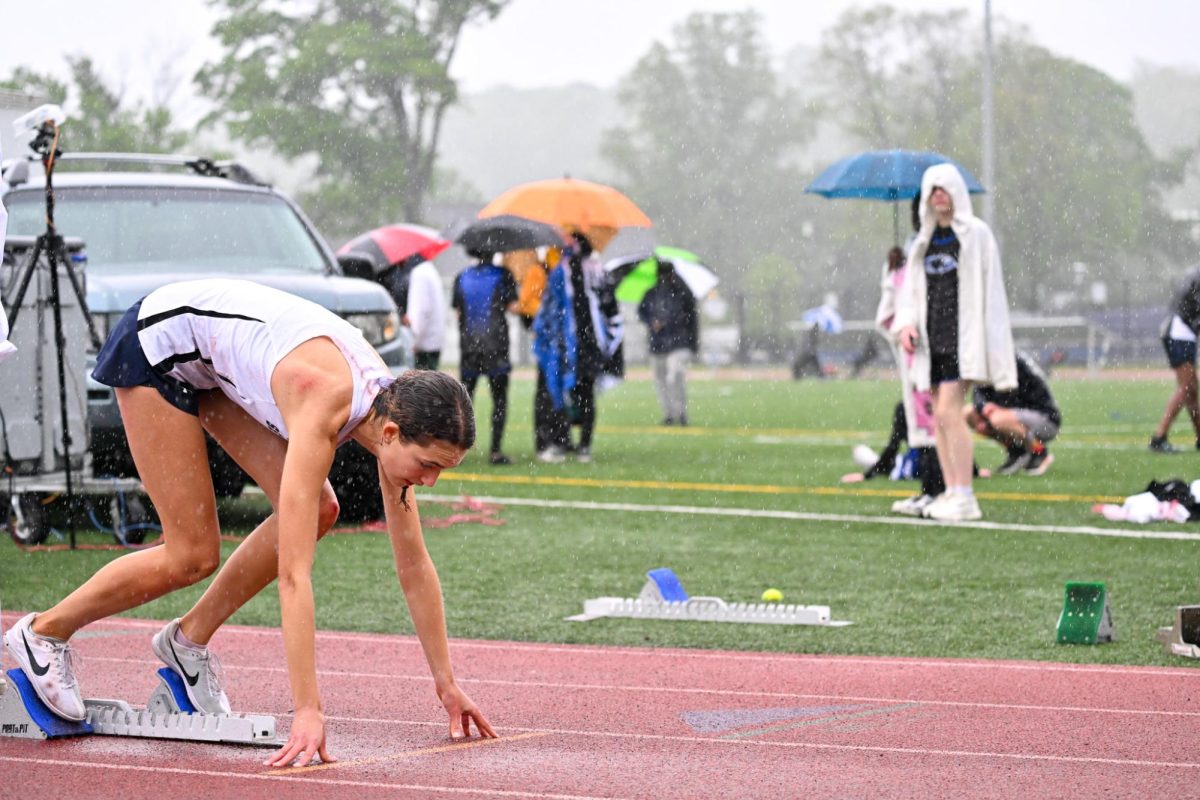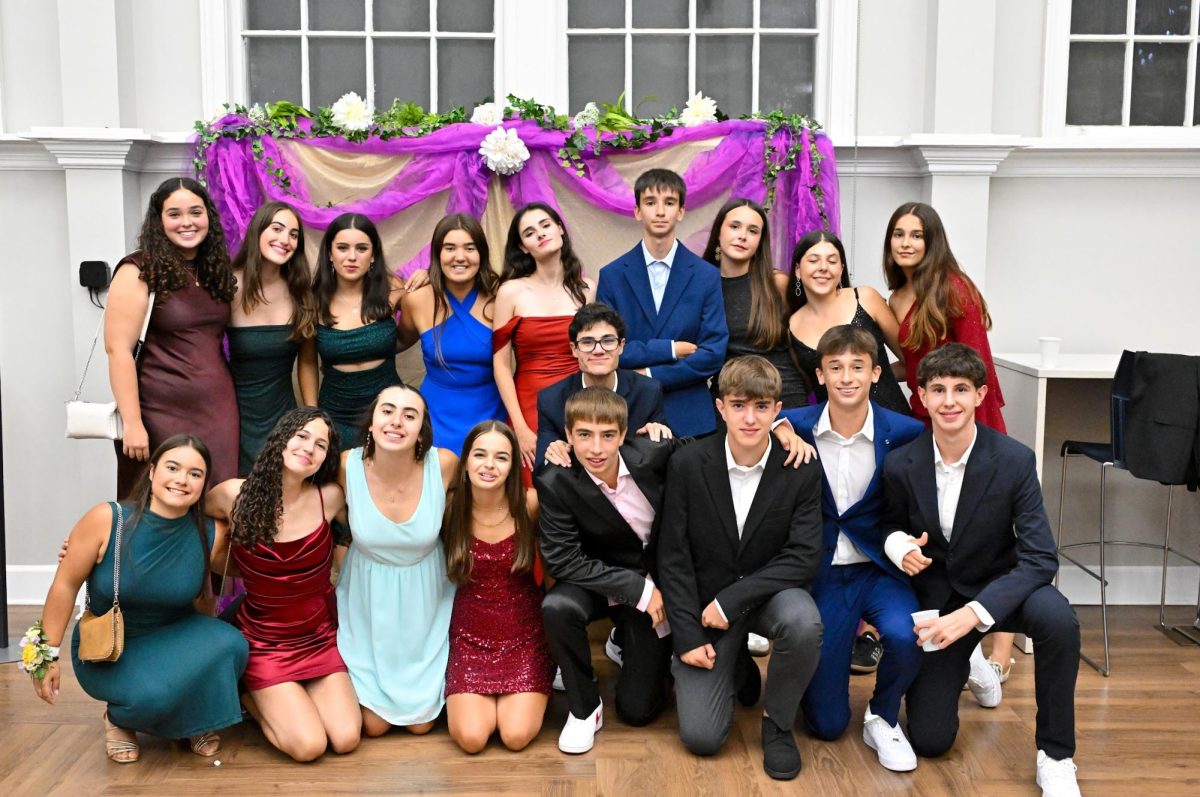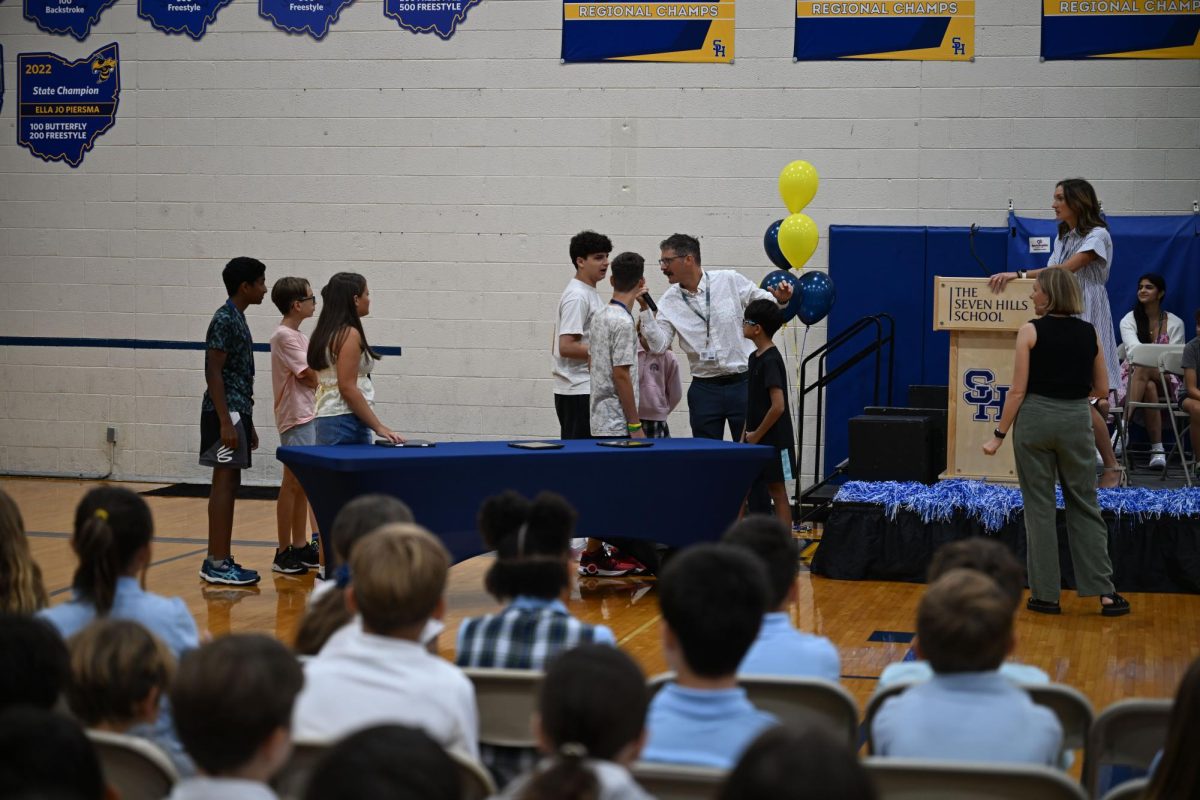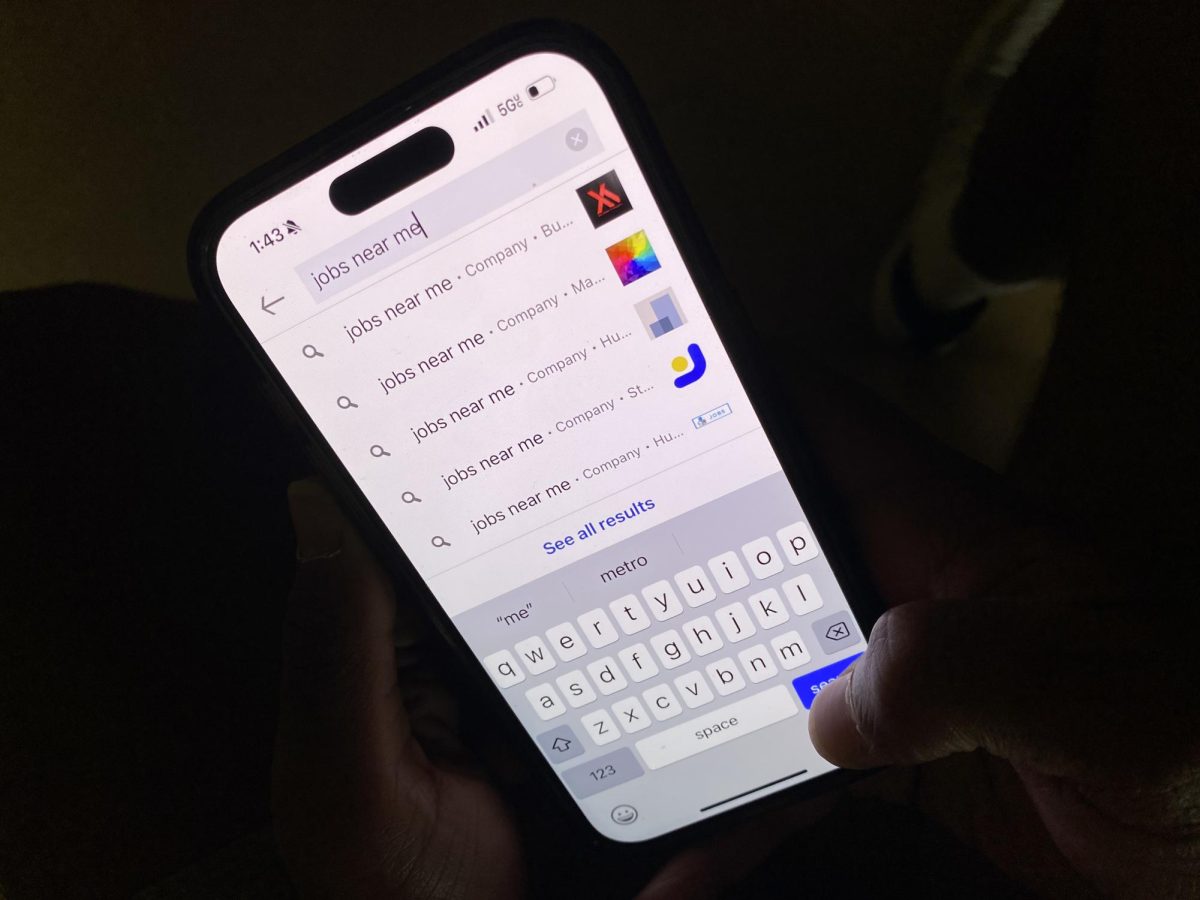As the school year progresses, many seniors have expressed frustration over the recent wave of restrictions that have impacted their long-held privileges. New policies now limit phone usage outside the senior lounge and tighten regulations on when students are allowed to leave campus. The result? Confusion, pushback, and a growing sense among many seniors that they’re being punished rather than helped in their final year.
One ongoing rule from the previous year is the phone restriction that applies to seniors. Dan Polifka, the Dean of Students, explained, “The majority of phone violations are from seniors, since they’re the only ones who can have phones during the day.” The outdoor area is where phone use is prohibited; still, many seniors feel that this blanket policy is unfair to those who have followed the rules and used their phones responsibly.
The same frustration applies to the punishment related to lanyard use. While wearing lanyards is a school-wide requirement, the consequences of not wearing them seem to fall more heavily on the seniors. A few weeks into the year, if even one senior failed to wear their lanyard, the entire class lost access to the senior lounge and the library. This struck a nerve among many students, who feel like they’re being held responsible for others’ choices. Polifka stood by the decision, stating, “The senior lounge is a pretty clear example of a privilege the grade gets. The seniors need to take care of business. To me, taking the lounge away is a reasonable consequence for what I saw as not taking care of baseline responsibilities. It’s not hard wearing a lanyard.”
Not all students agree with Polifka’s approach this year. Senior Rose Vecellio said, “It all felt really quick. We found out at the exact same time as everyone else. I was reacting as a student, not a senator, and I wasn’t thinking on a higher level of like, ‘I shouldn’t say this or do that.’ I was pretty expressive. Every senior has had privileges in the past, like I’ve been waiting seven years.” Vecellio also emphasized the importance of having respectful, open conversations with administration moving forward in the future: “I think having reasonable conversations where both parties are heard and keeping it civil, trying to meet them halfway is something we’re capable of.”
Perhaps the most disruptive change for many seniors has been the revised off-campus policy. In previous years, students with open periods could leave campus freely. This flexibility allowed seniors to manage their time, avoid end-of-day traffic, and arrive promptly to after-school activities, jobs, and sports practices. This year, however, seniors were, at first, only allowed to leave during the second or third block. Fourth block off-campus privileges were removed entirely, even for students who didn’t have class during that time.
This shift had ripple effects far beyond frustration. Many student athletes and extracurricular leaders found it difficult to get where they needed to be on time. Without the ability to leave early, seniors ended up stuck in the traffic jam that forms at the final bell. Polifka acknowledged that the policy may not have been communicated or implemented as well as it could have been. “I think I acted without listening and building consensus,” he admitted. “People built their schedules around privilege. I should’ve laid out my concerns earlier.” He also noted that the original goal was to build more community by keeping more students on campus during the day. “I proposed to the senators and the senior class, asking what privileges would fulfill my desire to have people on campus while still giving them what they want.”
With many of the seniors reeling from the sudden changes, some of the old privileges were eventually reinstated. Some hope that continued dialogue between students and administration will lead to compromises or at least more transparency in future decisions. Polfika concluded, “We need positive leadership in the senior class. I give the senators a lot of credit. They demonstrated strong leadership and sought the change they wanted.” As the year continues, students and administrators alike are learning that meaningful progress comes not from sudden restrictions but from mutual respect, open communication, and a shared commitment to making senior year both responsible and rewarding.

